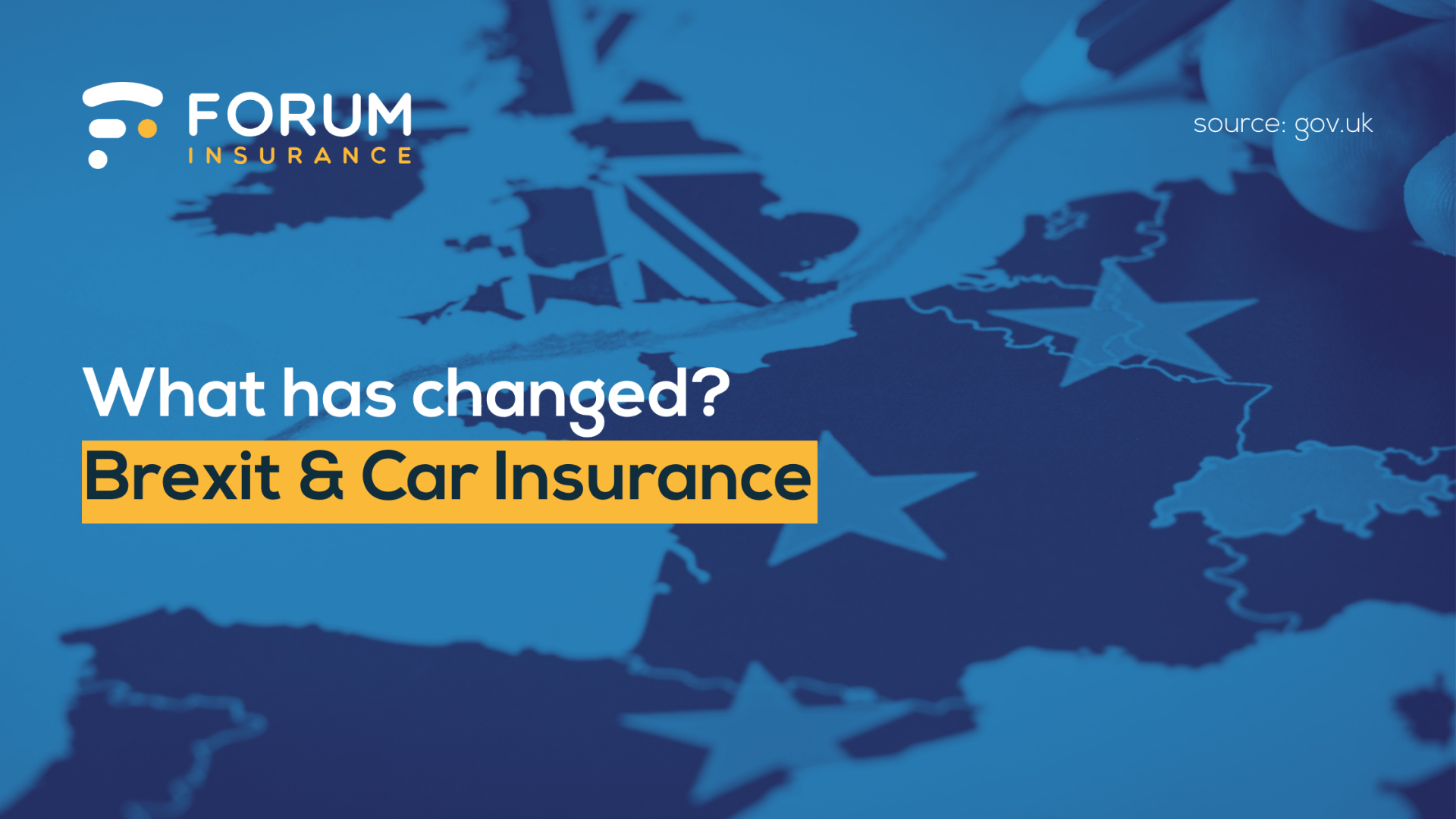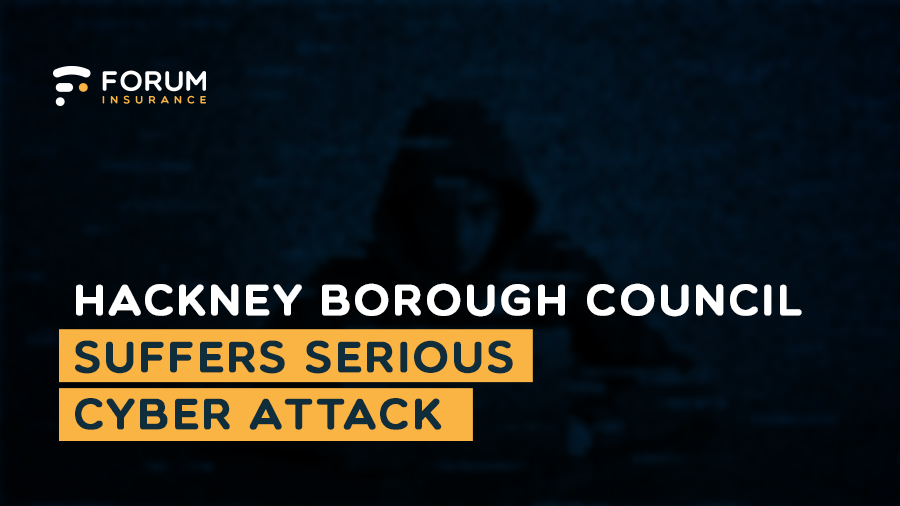7 Common Charity Insurance Mistakes (And How to Avoid Them!)
Anton Hilton • April 6, 2020

Whether you're looking for charity insurance in Ireland or charity insurance in Scotland, UK charity insurance brokers
are available to help.
Investing in charity insurance can be risky, therefore it is important to look out for common insurance problems. Here are 7 charity insurance mistakes to avoid:
1. Not Getting Cyber Liability Insurance
Cyber liability insurance is not marketed by charity insurance brokers as much as it should be to nonprofits, therefore it's a common mistake to not think it is needed. These days, everyone could benefit from receiving cyber liability, especially organizations that take donations online. There could be significant risks to not having cyber liability insurance for those doing fundraising online and keeping client data in a digital format.
A data breach can cause chaos during a fundraising campaign which can be a problem for a nonprofit's income. In 2015, the National Center for Charitable Statistics was hacked and had IRS reports exposed. This is one example of why it is important to get this type of charity insurance whether you are a large or small nonprofit.
2. Believing Funds Transfer Fraud Is Covered Under Crime Policies
The vulnerability of nonprofits when it comes to funds transfer fraud is high. This type of fraud can be seen in many different ways, such as an outside party hacking into a financial account and illegally transferring money, or accessing an executive's email accounts by asking an employee.
The belief that this type of fraud is covered under crime policies comes from the fact that banks usually are required to compensate these fraud victims when it involves a personal account. However, commercial organisations do not have this type of charity insurance protection. Funds transfer fraud is usually covered as a different policy on a nonprofit crime.
3. Thinking a General Liability Policy Covers Volunteer Risk
Volunteers are almost always the backbone of nonprofit organisations, but volunteers can present a high risk.
General liability policies normally cover bodily injuries and property damages to third parties. This type of policy also covers damages like libel, slander, defamation of character, and invasion of privacy. Nonprofits can be found liable for the action of their volunteers if they cause harm to a third party.
It is important for nonprofits to make sure their charity insurance will cover their volunteers, and not just the organisation, in the event of a third party problem.
Ensuring that the general policy covers volunteer risk is also important if any volunteer is exposed to significant injury while working for the organization. Coverage for volunteers under a general liability policy is included if there is negligence from the nonprofit, but the negligence has to be proven. Volunteer accident policies are those that don't require proof and will cover injuries, providing a more rounded form of coverage.
By adding coverage for volunteers on a workers' compensation policy, nonprofits can also cover injuries from volunteers. Insuring volunteers with this type of policy can be problematic for the nonprofit's loss history and experience modifiers, which could heighten premiums. Many workers' compensation policies do not offer volunteer injury coverage.
To make sure volunteers are covered completely with charity insurance, different policies must be placed together because general liability policies don't fully cover volunteer risk.
4. Forgetting D&O Coverage
Directors and Officers (D&O) coverage insures directors, officers, and trustees that work for nonprofits when suits are placed against them for decisions they make for the nonprofit. Unfortunately, decisions made on behalf of the nonprofit can cause regulatory compliance to financial and operational issues, including wrongful actions against employees.
Charity insurance brokers may ignore this type of charity insurance for smaller nonprofit organizations, claiming they don't need it because of their size. However, even small nonprofits can have members who are forced to pay significant damages out of their own income if they are deemed liable for damages. Because of this, organizations that do not have D&O liability could have trouble finding directors and officers.
Employees are not the only ones who are able to sue members of a nonprofit, funders, vendors, other nonprofits, other board members, and more could possibly sue. Although this could be the case, the majority of D&O claims are related to issues with the employees. Now, most nonprofit D&O policies include Employment Practices Liability coverage.
5. Assuming Special Events Policies Cover Liquor Sales
Serving alcohol at mixers and other fundraising events is a common occurrence. Guests could drink too much, cause an accident, and leave the nonprofit organisation liable depending on the state law. General liability policies do cover these types of claims if the alcohol being served is free. If the organisation is charging for alcohol, coverage often does not apply.
Covering liquor sales can be done as an additional coverage or a standalone policy in your organisation's charity insurance.
6. Not Insuring Volunteer-Owned Vehicles
Volunteers often use their own vehicles when doing work for the nonprofit because these organisations do not have the financial resources to have their own vehicles for use. Non-owned auto coverage is a must for organisations whose employees use their own car on the job.
This coverage can be added to an auto insurance policy or a general liability insurance policy. Motor trade insurance
can also be of use to nonprofit's looking into charity insurance.
7. Not Getting International Insurance When Doing International Work
A lot of nonprofits work internationally. Nonprofits who do most of their work overseas are not always covered by domestic general liability policies because those policies are designed for covering claims that arise in other countries, requiring that suits be brought to the United States. International general liability policies should be in place for nonprofits that work mostly overseas.
Small agencies that do mostly international work can still be at high-risk without this type of charity insurance.
Invest in Charity Insurance
Ready to invest in charity insurance? Forum insurance
is prepared to help you by providing the best value insurance possible for your specific needs.
Recent Posts

Brexit has affected a lot of policies. It is only natural that one may worry about what their travel insurance policy is going to be like as a result of this. Being a client of Forum Insurance, you will still get cover in all the countries enlisted in the Insurance guide. The duration of the cover is 90 days which can be further extended for an additional 12 weeks (maximum) based on our prior agreement.

Owning a property means there are tons of things that you need to take care of at all times. After all, it is a long term investment, and you need to safeguard it in any way possible. Among all of that, one of the most important things is getting insurance for your property in case the worst happens. So, what do you do to protect your property? You get insurance for it. Now, we will explain to you how and where you can find the best cover for your home, so when things go south, your house is fully protected, and you are not left with thousands of pounds in expenses.

The Chartered Institute of Internal Auditors (Chartered IIA) has seen cybersecurity rank as its top risk for the third year straight. But their survey has also brought new dangers to light with the recent surge of COVID-19 seeing disasters and crisis preparedness ranking as a new top five risk. The results came about after a comprehensive survey of over 570 Chief Audit Executives. Of these, 79% labelled cybersecurity as one of the greatest corporate risks that they had to deal with, whereas 27% labelled it as the single greatest risk. This growing fear of having inadequate cybersecurity has seen a surge with the advent of remote working as individuals and companies are now all the more reliant on technology, making them that much more susceptible to viruses, phishing activities, and malware practices.

Hackney Borough Council is scrambling to support its IT systems and operations after being at the receiving end of an unfortunate cybercrime. Located in North London, the Council is carrying out procedures in collaboration with the National Cyber Security Centre in a bid to estimate the gravity of the situation. Being absolutely devastated by this breach, Hackney Council has also reached out to the Ministry of Housing, Communities and Local Government as well as professionals of the cyber security world with requests of assistance.

Brexit has affected a lot of policies. It is only natural that one may worry about what their travel insurance policy is going to be like as a result of this. Being a client of Forum Insurance, you will still get cover in all the countries enlisted in the Insurance guide. The duration of the cover is 90 days which can be further extended for an additional 12 weeks (maximum) based on our prior agreement.

Owning a property means there are tons of things that you need to take care of at all times. After all, it is a long term investment, and you need to safeguard it in any way possible. Among all of that, one of the most important things is getting insurance for your property in case the worst happens. So, what do you do to protect your property? You get insurance for it. Now, we will explain to you how and where you can find the best cover for your home, so when things go south, your house is fully protected, and you are not left with thousands of pounds in expenses.

